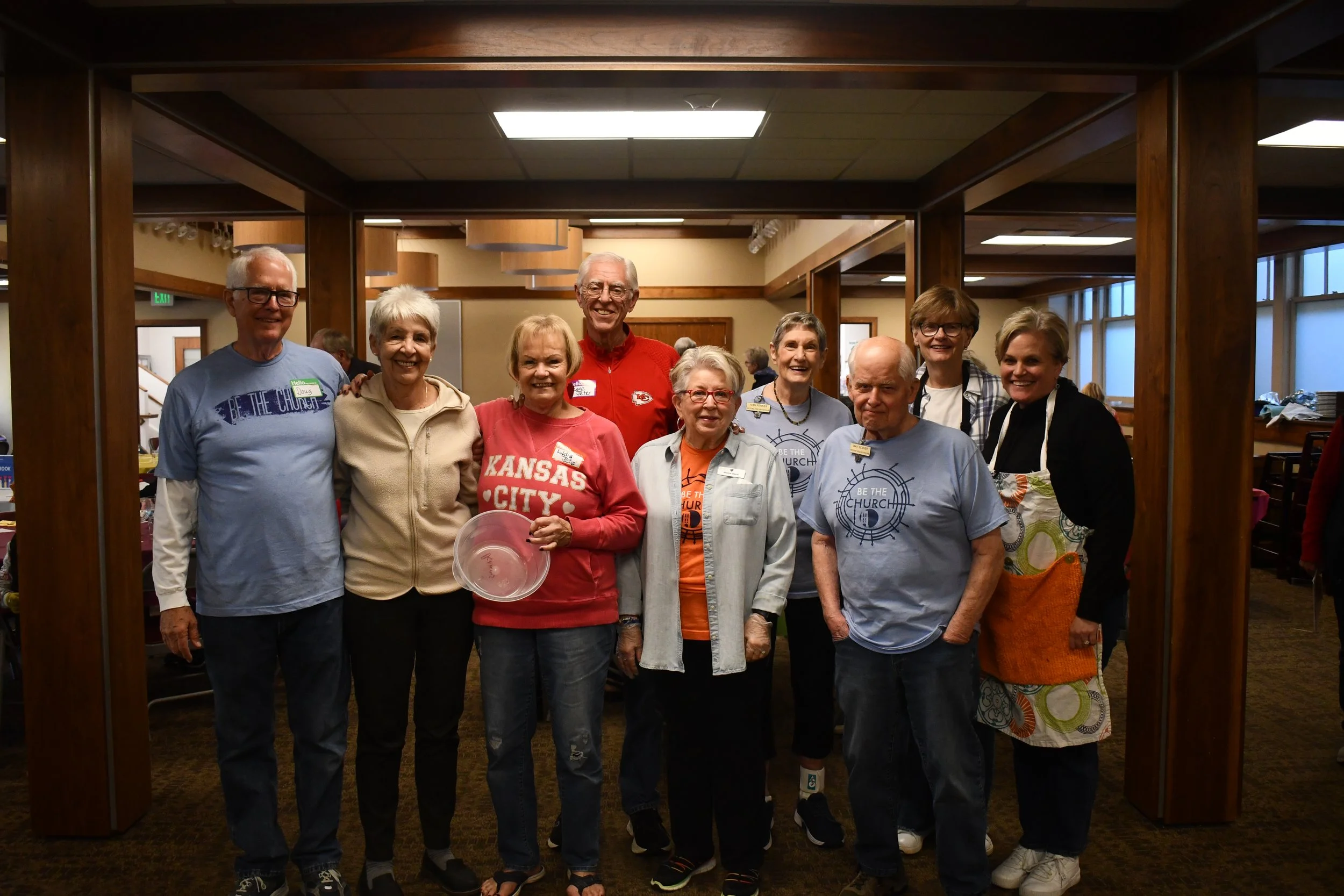Racial Justice Resources for Adults
At Second Presbyterian Church, we are committed to creating a community that works toward racial justice, equality, and reconciliation. Below is a curated list of resources designed to deepen your understanding of racial justice, challenge systemic inequities, and guide you in meaningful action. Whether you're just beginning your journey or seeking to deepen your engagement, these materials will support you in growing as a better ally, advocate, and active participant in the work of justice.
We invite you to explore books, articles, videos, and local organizations that can help you better understand the complexities of race, privilege, and power in our society. These resources are intentionally diverse, offering insights into both personal reflection and collective action. If you're seeking to build a deeper understanding of your role in racial justice work and how to make a lasting impact, start here.
Let these resources be a catalyst for transformation—both within yourself and in your relationships with others.
Racial Justice Resources for Adults
-
SURJ-KC is part of a national network that mobilizes white people to act in solidarity with communities of color. By organizing collective actions and education campaigns, SURJ-KC works to build a multi-racial majority for racial justice. The group encourages white people to engage in personal and collective efforts to challenge systemic racism and to show up for racial justice wherever it’s needed.
-
The Open Table is a community organization based in Kansas City focused on hospitality, conversation, peace, and reconciliation. Their mission is rooted in a commitment to liberation for all people, working toward a society where everyone belongs and has the power to pursue their dreams. The group creates space for meaningful dialogue and reflection on race, justice, and equity, holding bi-monthly Zoom conversations that invite individuals to engage in collective healing.
-
The Poor People’s Campaign (Missouri | National) is a national movement calling for the end of poverty, systemic racism, and militarism. The Missouri chapter of the campaign focuses on organizing local communities to challenge social and economic injustices while advocating for policies that ensure dignity, healthcare, housing, and fair wages for all people. Rooted in the moral teachings of justice and equality, this campaign aims to unite poor and dispossessed people across the country in a powerful, multi-racial movement for change.tion
-
This one-session adult study, offered by The Thoughtful Christian, is part of a broader "Racism Study Pack." It helps participants understand the concept of white privilege and its impact on both individuals and society. Through reflection and discussion, the study encourages white participants to confront the ways privilege shapes their experiences and to explore how they can actively work toward racial equity. Available as a free downloadable resource, it serves as a powerful introduction to anti-racism education.
Participant Handout | Leader’s Guide | Purchase the “Racism Study Pack”
-
In this groundbreaking work, Peggy McIntosh explores the concept of white privilege, offering a list of everyday advantages that white people experience without even thinking about them. Through this reflective piece, McIntosh challenges readers to acknowledge the unearned benefits of whiteness and to use that awareness to dismantle systems of racial inequality. This essay has been a pivotal resource in understanding how privilege operates in society.
-
Gail Golden delves into the psychological effects of internalized racial superiority, particularly within white communities. It explores how people who benefit from systemic racism may unconsciously accept their own racial superiority, perpetuating harmful attitudes and behaviors. By understanding this as a form of psychological "illness," Golden calls for self-examination and healing as part of the journey toward racial justice.
-
This resource explores how the culture of white supremacy manifests in institutions, organizations, and communities. It outlines behaviors, practices, and systems that perpetuate inequality, including a focus on individualism, perfectionism, and a lack of accountability. By identifying these patterns, this resource helps individuals and organizations challenge harmful norms and create more inclusive, equitable spaces.


